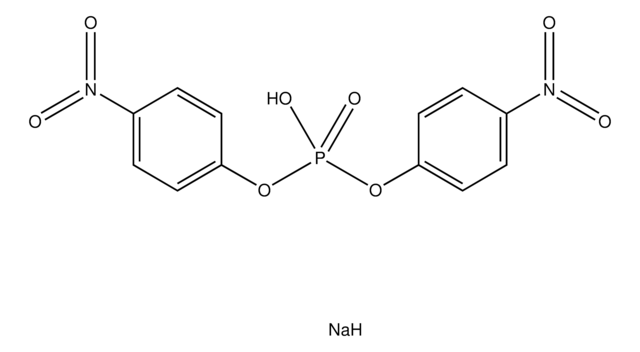E5406
Ethopropazine hydrochloride
≥98% (HPLC), powder
Synonym(s):
10-(2-Diethylaminopropyl)phenothiazine, 10-[2-(Diethylamino)propyl]phenothiazine hydrochloride, Dibutil hydrochloride, Parkin
About This Item
Recommended Products
Quality Level
assay
≥98% (HPLC)
form
powder
storage condition
desiccated
color
white
solubility
DMSO: >5 mg/mL at ~60 °C, clear
storage temp.
2-8°C
SMILES string
Cl[H].CCN(CC)C(C)CN1c2ccccc2Sc3ccccc13
InChI
1S/C19H24N2S.ClH/c1-4-20(5-2)15(3)14-21-16-10-6-8-12-18(16)22-19-13-9-7-11-17(19)21;/h6-13,15H,4-5,14H2,1-3H3;1H
InChI key
VXPCQISYVPFYRK-UHFFFAOYSA-N
Gene Information
human ... CHRM1(1128)
Looking for similar products? Visit Product Comparison Guide
General description
Biochem/physiol Actions
Features and Benefits
signalword
Warning
hcodes
Hazard Classifications
Acute Tox. 4 Oral
Storage Class
11 - Combustible Solids
wgk_germany
WGK 3
flash_point_f
Not applicable
flash_point_c
Not applicable
ppe
dust mask type N95 (US), Eyeshields, Gloves
Certificates of Analysis (COA)
Search for Certificates of Analysis (COA) by entering the products Lot/Batch Number. Lot and Batch Numbers can be found on a product’s label following the words ‘Lot’ or ‘Batch’.
Already Own This Product?
Find documentation for the products that you have recently purchased in the Document Library.
Customers Also Viewed
Articles
Acetylcholine is synthesized from acetyl coenzyme A and choline by the enzyme choline acetyltransferase. In addition to its synthesis in the liver, choline employed in acetylcholine production is derived from dietary sources.
Our team of scientists has experience in all areas of research including Life Science, Material Science, Chemical Synthesis, Chromatography, Analytical and many others.
Contact Technical Service











